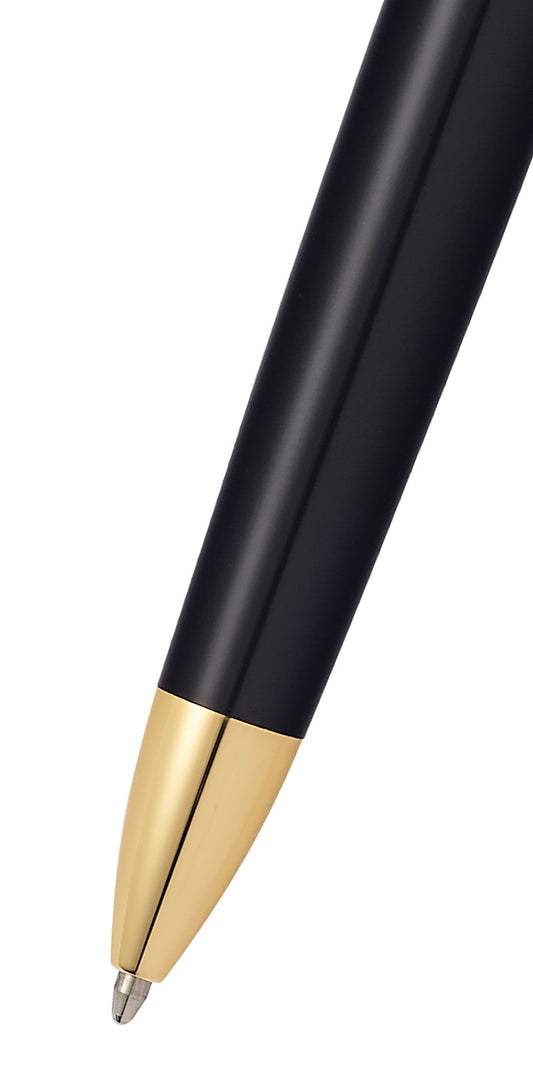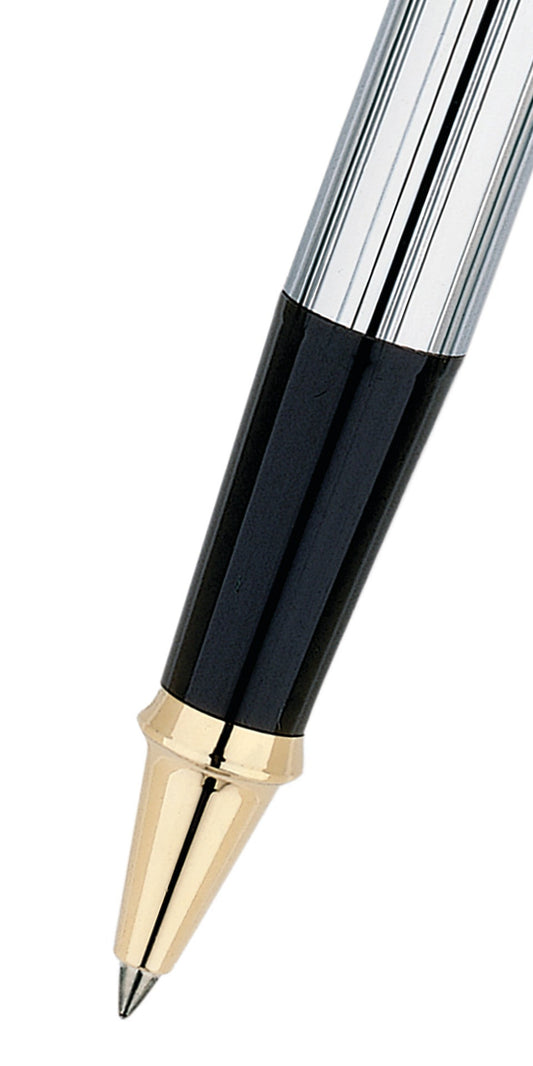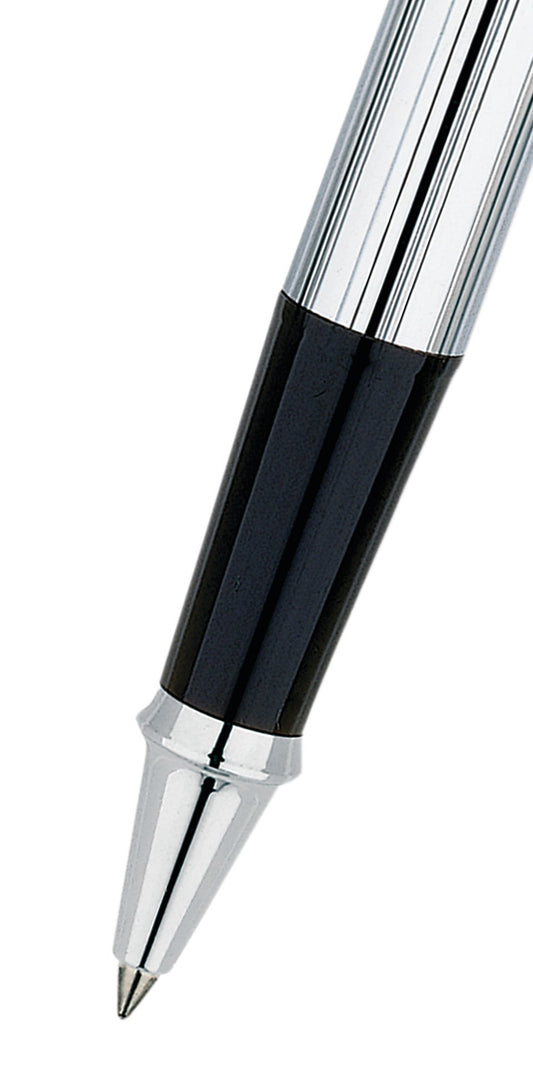Our days are filled with distractions. From the constant buzz of notifications to endless to-do lists, our minds are often overwhelmed. This relentless pace can leave us feeling anxious, stressed, and disconnected from ourselves. Amid the chaos, journaling offers a refuge—a sanctuary where we can untangle our thoughts and regain clarity. It’s a simple yet powerful practice that allows us to pause, reflect, and reconnect with our inner selves. Writing down our feelings helps to declutter our minds, making it easier to process emotions, solve problems, and gain perspective.
The Science Behind Journaling: Why It Works
Journaling is not just a creative exercise—it is rooted in science. Research has consistently shown that writing about our thoughts and emotions has significant benefits for mental and emotional well-being.
One key factor is that writing activates different parts of the brain than thinking alone. When you articulate your thoughts on paper, the process engages your prefrontal cortex, which is responsible for reasoning and problem-solving. At the same time, journaling calms the limbic system, the part of the brain that processes emotions. This balance allows you to approach your feelings from a place of clarity rather than reactivity.
Studies have also shown that expressive writing lowers cortisol levels—the hormone associated with stress. By externalizing your worries, you give your mind permission to let go of them, reducing anxiety and creating space for more productive thoughts.
Journaling has even been linked to improved physical health. According to psychologist James Pennebaker, who pioneered research on expressive writing, regular journaling can strengthen immune function, lower blood pressure, and reduce symptoms of chronic illness.
Finding Clarity in a Noisy World
When you put pen to paper, you slow down. The simple act of writing forces you to process one thought at a time, which can be grounding in an otherwise overwhelming day. Whether you are reflecting on a specific problem, making decisions, or brainstorming ideas, journaling helps you make sense of the noise and bring clarity to our minds.
Journaling also allows you to step outside of your own perspective. When your thoughts are trapped in your mind, they often feel larger and more daunting than they really are. By writing them down, you can examine them objectively, challenge assumptions, and identify solutions that you might not have seen otherwise.
In this way, journaling becomes a mindful practice—a sacred pause in your day where you can step away from the external world and focus inward. It creates a space for introspection, allowing you to check in with yourself and realign with what truly matters.
Boosting Emotional Health Through Expression
Expressive writing serves as an emotional release valve. When you write about what is troubling you, it helps prevent feelings of frustration or sadness from building up. Instead of carrying the weight of unprocessed emotions, journaling allows you to release them onto the page, creating a sense of relief.
Beyond the immediate release, journaling promotes self-awareness. As you record your thoughts and feelings over time, you notice patterns in your behavior and emotions. You might realize that certain situations consistently trigger stress, or that specific people bring you joy. This heightened awareness empowers you to make positive changes—whether it’s setting boundaries, nurturing healthier relationships, or prioritizing activities that bring you fulfillment.
Journaling can also be a tool for emotional regulation. By naming and acknowledging your emotions, you take away their power. For example, writing, “I feel overwhelmed today,” allows you to confront that feeling head-on. From there, you can explore why you feel that way and what steps you can take to address it. Over time, this practice builds emotional resilience, helping you respond to challenges with greater calm and clarity.
Journaling is a Gift to Yourself
Journaling is a practice that fosters clarity, emotional release, and self-awareness. By creating a space to pause, reflect, and express, journaling allows us to navigate life’s challenges with greater resilience and intention.
Whether you are seeking to manage stress, process emotions, or simply reconnect with yourself, journaling offers a sanctuary for your mind—a place of peace, growth, and transformation. Pick up a pen, open a notebook, and give yourself permission to write. Your mind and heart will thank you.
Read more. The Power of Journaling: Why Keeping a Daily Journal Matters.



















